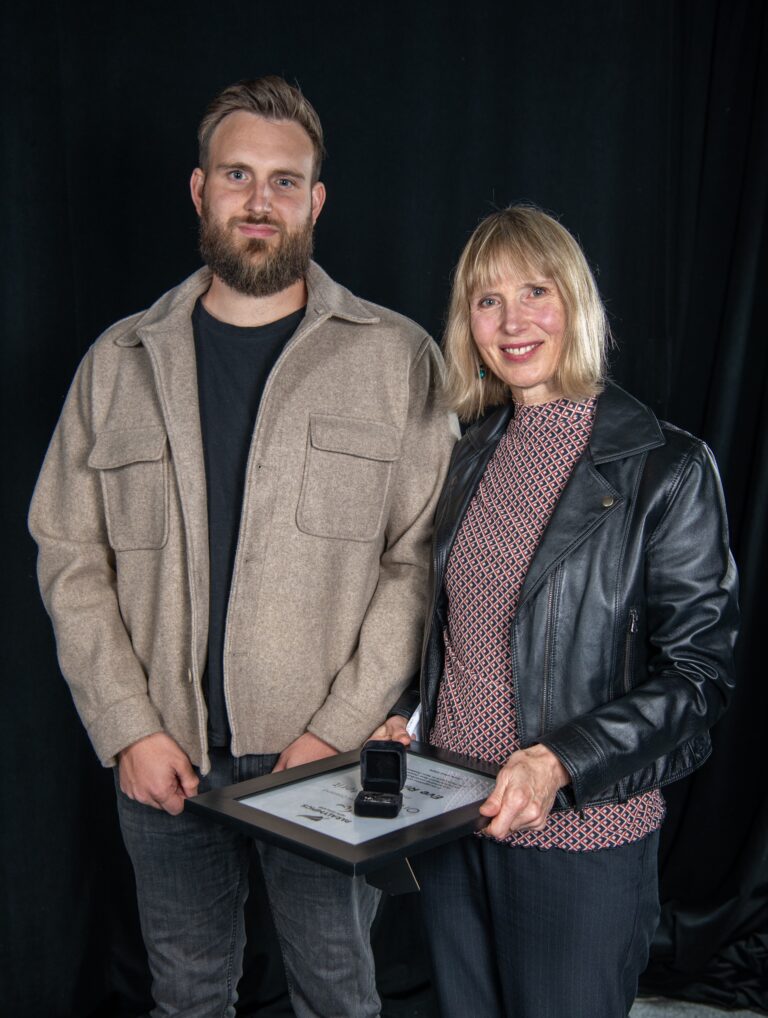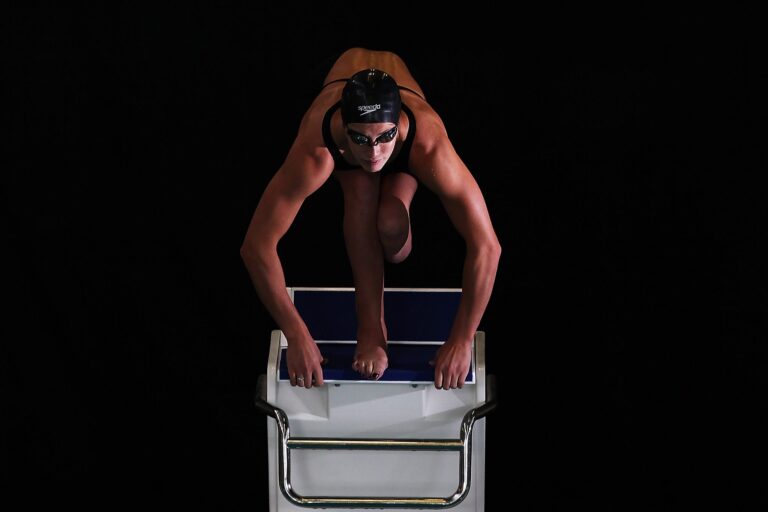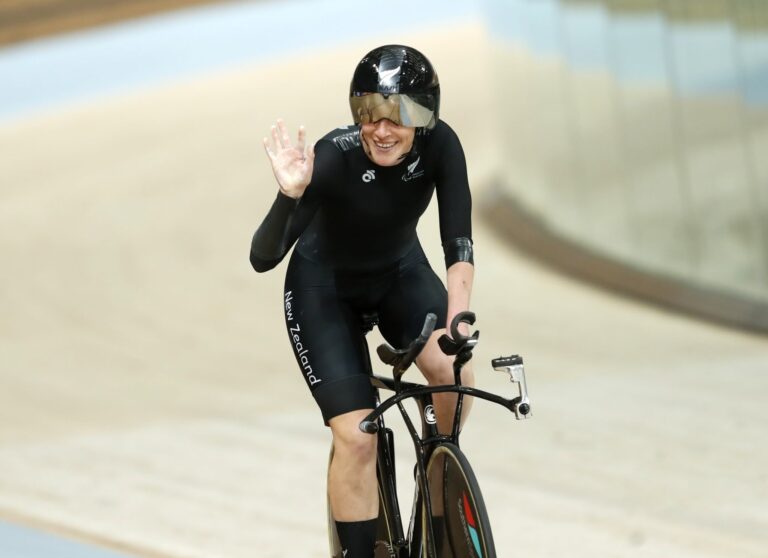At 17 and a hugely promising member of the British Junior Show Jumping Team, Jayne Craike had an accident that changed the course of her life. But her hugely competitive spirit, and incredible will, saw her eventually become a Paralympic gold medallist. Margot Butcher tells her extraordinary story.
Equestrian sport demands two traits that unite all competitors: a phlegmatic constitution and deep reservoirs of determination. So much can go haywire in the quest to present the seamless synergy of horse and rider that those with the fortitude to compete tend to find themselves plumbing a line between highs and heartbreak. A horse that on any other day is a dream, then wakes up on competition day in a flighty mood. A jump refusal. A battle of wills. A horse you’ve spent months – years – riding and training, but shies in front of a big audience, or comes down with a lurgy or stiff fetlock the day before the big event.
And the riders? Not only do they need superb horse sense and horsemanship, but the courage and business nous to keep chasing an expensive dream – one that necessarily involves transporting hand-picked horses between countries, and hemispheres just to qualify for key international events. At roughly $15,000 plus quarantine to fly a mount one-way from New Zealand to Britain, Europe or America, the cost alone would daunt most people. But Jayne Craike was never one to give in easily.
New Zealand’s Paralympian number 90, Craike is not only our most successful Para equestrian rider, she’s a pioneer behind the sport in this country. She qualified for and competed at three consecutive Paralympic Games: Atlanta 1996, Sydney 2000, Athens 2004. And despite huge challenges – and heart-breaking bad luck with her horses – she performed with distinction at all three. Gold (Dressage Championship) and silver (Dressage Freestyle) medals in Sydney 2000, fifth spot in Atlanta 1996 in trying circumstances, and only just missing out on the dais in Athens 2004 with fourth place in each of her events.
Craike had fallen in love with riding as a five-year-old in Wales. By 17, she’d been selected for the British Junior Show Jumping Team, but a terrible accident dashed her Olympic dream – and put her in and out of hospital for the next six-and-a-half years. A horse reared and flipped backwards in a cobblestone yard, smashing her right leg underneath it. The 1980s should have been her fun-filled twenties but instead became a blur of 54 operations, constant pain, infections, skin grafts, osteomyelitis. The leg would never return be fully functional again.
Her family would later move to New Zealand, prompting another two life-changing events. First, Jayne met her Kiwi husband of 27 years, David Craike. Then in 1992, another new beginning: a decision to have her irreparably damaged leg amputated below the knee.
Until then, the mere thought of ever riding a horse again had been untenable because anything that so much as brushed her leg caused pain. Pressing her damaged limb against a horse’s belly? Not a pleasant thought. Yet 10 days after her operation, she was back in the saddle.
“I’d been teaching at Beachlands Maraetai Pony Club for a while – just from the side lines, as I was on crutches then. My stump was still wrapped and sore, but I was down there after the op and it was the first time I could try to sit on a horse again. So I did. And away I went. I can’t just pleasure-ride, I’m too competitive. I always have been.“
In addition to her Paralympic resumé, Craike won six more gold medals across the British International and Australian Championships (1997 to 1999), silver at the 1999 World Championships in Denmark, and firsts at the Trans-Tasman Trophy in 1999, 2002 and 2003. Yet the most impressive aspect of her reignited sporting career is that, when she started, just a few years before the Atlanta 1996 Paralympics, Para equestrian didn’t even exist.
“In New Zealand all that was available to us was RDA – Riding for the disabled – which is a wonderful organisation but not a competitive sport. Internationally, many parts of UK and Europe were starting to create more high performance orientated sections of RDA where they were putting together their own platforms to elevate disabled dressage into a Paralympic sport. Atlanta was the first time Para equestrian had been included in the Paralympic Games, and at that stage riders performed on borrowed horses who’s number had been drawn out of a hat, and the rider, given 4 days to get used to it before competition began.
“After returning from Atlanta, I realised that New Zealand needed to follow their lead and a small group of us, along with my husband David, set about writing the constitution and creating the name Para Equestrian New Zealand. We set the foundation that would ultimately see, Para Equestrian New Zealand become the fifth discipline within Equestrian Sports New Zealand and ensure that Para athletes could enjoy competing alongside their able bodied compatriots.“
In 2001, Craike was awarded the New Zealand Order of Merit for services to equestrian sport and continued to ride at the highest level, being the first rider to compete both at Paralympic and Olympic level in New Zealand.
Just two years ago and in her mid-50s, she won her last competition before retiring as a rider – the 2017 New Zealand Para Equestrian Grade IV Champion. She continues to immerse herself in her beloved sport as a list 2 National Dressage Judge.
Single-minded determination was Craike’s strength, but there were mind-boggling hurdles given the logistical and financial challenges.
“You can’t pack a horse in a suitcase unfortunately. From the time of Atlanta, we would have poured more than $500,000 of our own earnings into my competitive funding, and that brought some very difficult times. David’s a sign writer and has always been an absolute pillar of support. I couldn’t have done it without him. We always committed to campaigns together, always a team effort, and he’s had his own buzz from it as well, but from a financial point of view… perhaps I should have picked up a golf club or a tennis racquet when I was a girl instead!“
No, equestrian has never been for the faint-hearted. A few years back, the couple moved to Taupo, where Craike started waitressing at the Wairakei Resort to try to “catch up on life.“ She’s now a supervisor.
The highs? “Treasured memories that we are never going to forget. The best preparation I had was for the Sydney 2000 Paralympics because its relative proximity to New Zealand meant less outlay than flying a horse across the world.
“That meant there was more to spend on high-performance support, like physiotherapy and sports psychology and I went in feeling so well prepared, so confident. I knew I was peaking when the event week arrived, I knew I didn’t need to train anymore: mentally I was 100 per cent ready.
“When I went into the arena the day I won gold, I had this surreal feeling ? like in The Matrix movie where everything slows down. It was just like that. I could hear every footfall of the horse. It was a five-and-a-half-minute test and it felt like half an hour! I had so much time to adjust everything. When I finished and looked up, suddenly I saw there were all these thousands of people in the arena that I hadn’t even noticed when I came in, such was my focus.
“That was a real moment. And then, to see my husband and mother in the crowd. It was so fabulous, and I’m so grateful to everyone who stuck by me. In your lifetime, you might have that three or four times – when you are able to have such focus that you can give everything in that moment, 100 per cent of you to the world. It was just the most amazing feeling. It really was so special. And it stays with you for life.“
Story created by Storyation in partnership with Paralympics New Zealand.






























